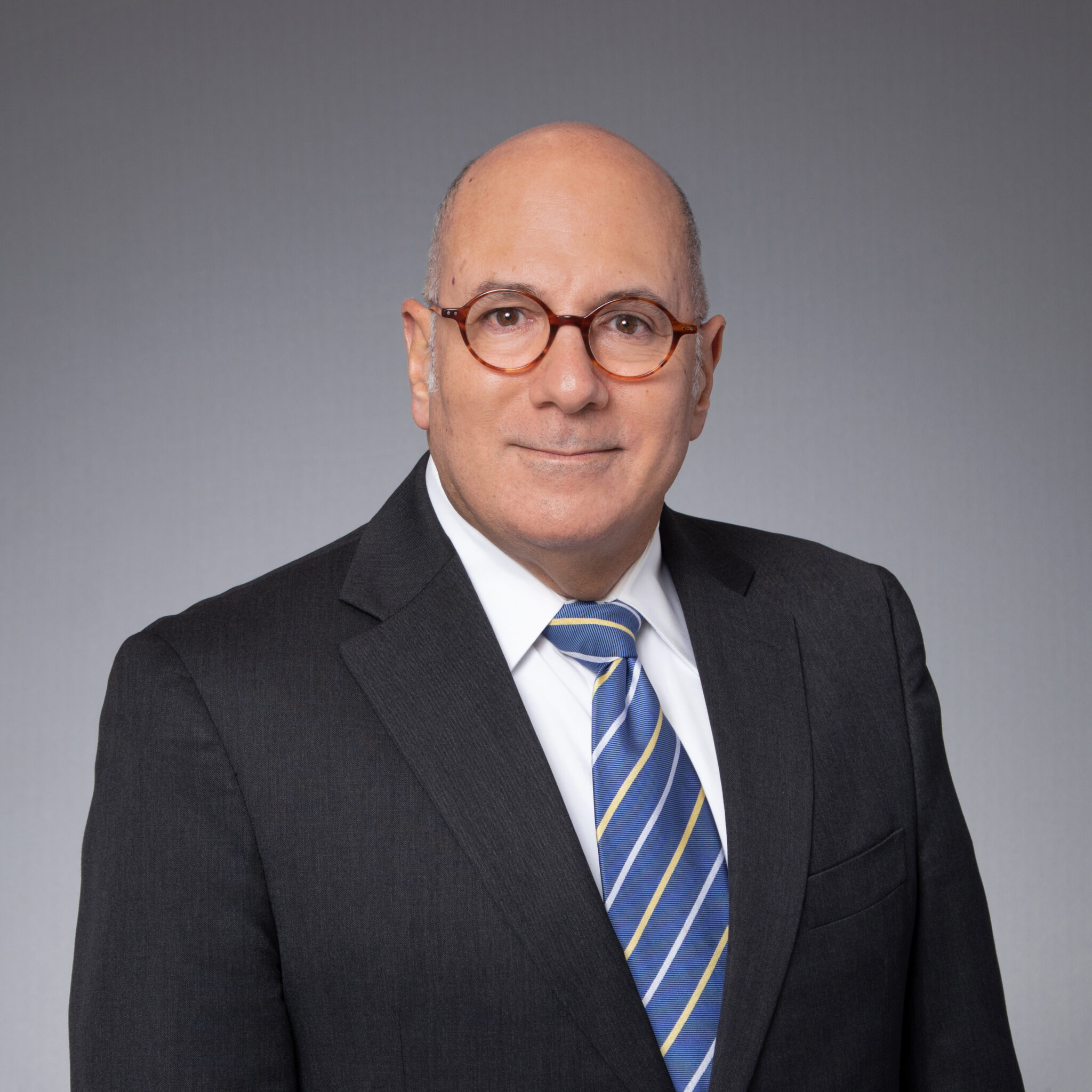Understanding Third-Party Custody in Washington State: Can Grandparents or Guardians Step In?
In most cases, children belong with their parents—whether the parents are married, in a relationship, divorced, or separated. Parental involvement has been a robust area of research, with many studies echoing findings such as this: “Among the many relationships that influence children’s growth and development, perhaps the most influential is the one that exists between parent and child.” Most states, including Washington, strive to implement parenting plans that provide both parents with the opportunity to spend quality time with their children, even after the parents have divorced or separated. However, there are times when a parent may be unfit to care for their child or jeopardize the child’s safety in some way. In these instances, the court will likely award custody to the other parent—at least until the struggling parent is able to show the court that they are able to provide a safe living environment for their child. For instance, a struggling parent may participate in anger management courses, drug or alcohol treatment programs, or other forms of therapy to become emotionally stable and more prepared to care for their child. Even if this parent does not obtain custodial rights, the court will likely try to award visitation rights to allow the parent and child to enjoy some form of relationship with one another.
In cases where there is a legitimate concern that both parents (or the child’s sole parent) are unfit to care for the child, a third party may petition the court for custody of the child. For example, a grandparent who believes that their grandchild is unsafe in the home of their parents may seek custody of the child by filing a petition with the court in the form of a non-parental custody action. As you may expect, these cases can be upsetting, emotional, and contentious, so it’s essential to work with a highly experienced and compassionate Seattle family law attorney who can guide you through every step of the process. Let’s take a closer look at how third-party custody in Washington typically unfolds, as well as what you should know about grandparents’ custody rights in Washington state.
Who Qualifies for Third-Party Custody in Washington State?
In 2021, Washington state revised the legal process for third-party custody cases. Now, rather than filing for custody of the child, a concerned party may file a petition with the court to be appointed as the guardian for the children. Essentially, matters involving guardianship vs. custody in Washington state allow a party who is concerned about the child’s safety and well-being (typically a grandparent or family member) to complete and file a Minor Guardianship Petition with the court, detailing their intent to be appointed as the child’s guardian. Although most of the parties seeking to be appointed as guardians for minor children are grandparents, aunts, uncles, or other relatives, Washington allows any concerned adult to serve in this capacity (as long as the court awards them this title). However, it’s important to note that those who have a history of providing safe and secure primary care for a child would be preferable in the court’s eyes to serve as the child’s guardian—but this is not always the case. If you have specific questions about establishing guardianship or non-parent custody in King County, the dedicated and highly qualified legal team at the Hemmat Law Group is ready to provide you with the customized information and legal guidance you need to move forward with confidence.
Standards For Granting Custody to Non-Parents in King County
According to RCW 11.130.185, “A person becomes a guardian for a minor only on appointment by the court.” The court may appoint a guardian for any number of reasons, such as when both parents consent to the petition or the court has terminated all parental rights. In more contested cases, the court may appoint a guardian when “there is clear and convincing evidence that no parent of the minor is willing or able to exercise parenting functions.” Under RCW 26.09.004, the term “parenting functions” refers to any of the following: “(a) Maintaining a loving, stable, consistent, and nurturing relationship with the child; (b) Attending to the daily needs of the child, such as feeding, clothing, physical care and grooming, supervision, health care, and day care, and engaging in other activities which are appropriate to the developmental level of the child and that are within the social and economic circumstances of the particular family; (c) Attending to adequate education for the child, including remedial or other education essential to the best interests of the child; (d) Assisting the child in developing and maintaining appropriate interpersonal relationships; (e) Exercising appropriate judgment regarding the child’s welfare, consistent with the child’s developmental level and the family’s social and economic circumstances; and (f) Providing for the financial support of the child.” If the court finds that the parents are unfit or unable to uphold these parenting functions, it may appoint a guardian who can step in and fulfill these important duties.

How to Petition for Third-Party Guardianship in Washington State
Any concerned party may file a Minor Guardianship Petition if they believe that the child’s safety and well-being is threatened by unfit or unsafe parents. The steps and considerations for filing a guardianship petition are outlined in RCW 11.130.190. Generally speaking, the party filing the petition must complete the necessary legal forms and file them with the court. This party must also file a statement that explains their reasons for seeking to establish a guardianship. Drafting this statement often takes time and focus, as you will want to present your concerns clearly and convincingly. Seeking the guidance of a highly qualified and caring Seattle child custody and minor guardianship attorney is encouraged for those hoping to maximize their chances of securing a fair and favorable outcome. Next, the petitioner will need to provide notice to the biological parents, as well as to any adult who has cared for the child for at least 60 days within the last two years (or for two years over the last five years). Notice must also be given to family members, as well as to children over the age of twelve. Once notice has been given, the petitioner will need to set up a hearing for the court to consider their request. As you begin to explore your options for seeking guardianship of a grandchild or minor child, it’s worth discussing your options with an experienced and dedicated family law attorney who can support you at every step of this challenging process.
Navigating the Legal Process and Presenting the Burden of Proof
Even if you are certain that establishing a guardianship is in the best interests of the child, removing a child from the care of their parents can be highly emotional and contentious. The parents will likely fight hard to retain custody of their children, leading to powerful legal battles and emotionally taxing disputes. As the party seeking guardianship, you will need to present clear and convincing evidence that shows that the parents are unable to exercise their parenting functions or provide a safe and stable environment for their children. While there are no technical formulas for what percentage of proof you will need to show in order to convince the court to award your guardianship petition, you can expect to provide enough evidence that it’s “more probable than not” that the parents are unfit to care for their children. For instance, you may present evidence that the parents regularly use drugs in the home or have neglected their children in several ways. At this point, it’s essential to work with a highly qualified and experienced Seattle family law attorney to identify and compile clear and strong evidence in support of your petition. Together, you can build a successful case that shows the court that awarding the guardianship protects the best interests and safety of the child.

Other Considerations About Guardianships in Washington State
There are a few other considerations worth mentioning as you begin to explore your options for seeking guardianship of a minor child in Washington state. Even if the court finds that a guardianship protects the best interests of the child, the parents still have several rights that need to be recognized. For instance, the court will seek to preserve the parents’ ability to contact their children (unless there are valid reasons for limiting or restricting parental contact). If the parents are able to address their issues and get their lives back on track, they may petition the court to terminate the guardianship or modify the terms. No matter what your specific concerns may be, it’s important to seek the guidance and support of a caring and trusted Seattle family law attorney for the customized answers you need to make more informed decisions with greater certainty and confidence.
If you are struggling with a custody issue in King County or the greater Seattle area, the Hemmat Law Group is here to assist you with the care and empathy you deserve during this challenging time. Please reach out to our office today by calling (206) 682-5200 to get started with a trusted and experienced family law attorney.
The Hemmat Law Group (HLG) was founded in 1994 by Steven Amir Hemmat, a former DOJ Trial Attorney. We specialize in family law, supporting victims of the legal system.
The Hemmat Law Group help good people in bad situations.
Our divorce lawyers provide expert legal advice for all aspects of divorce, including child custody, support and property division. Contact us today.














